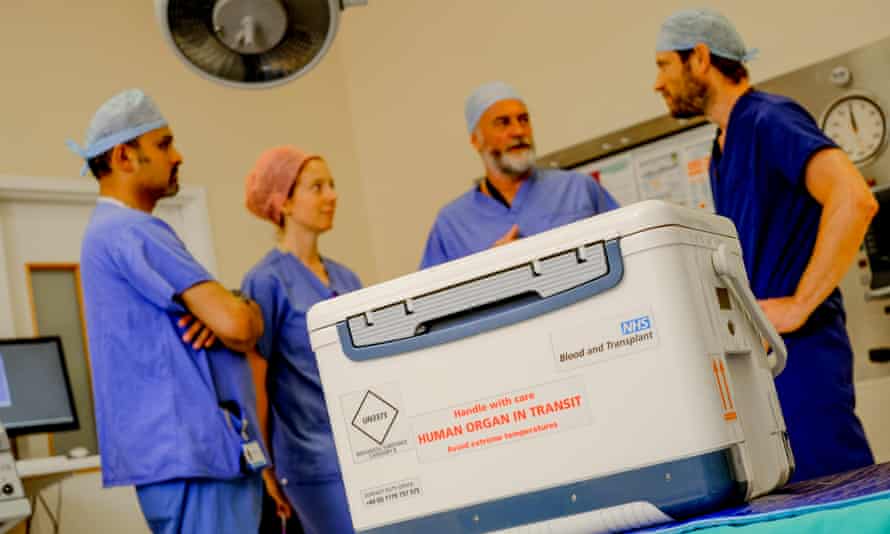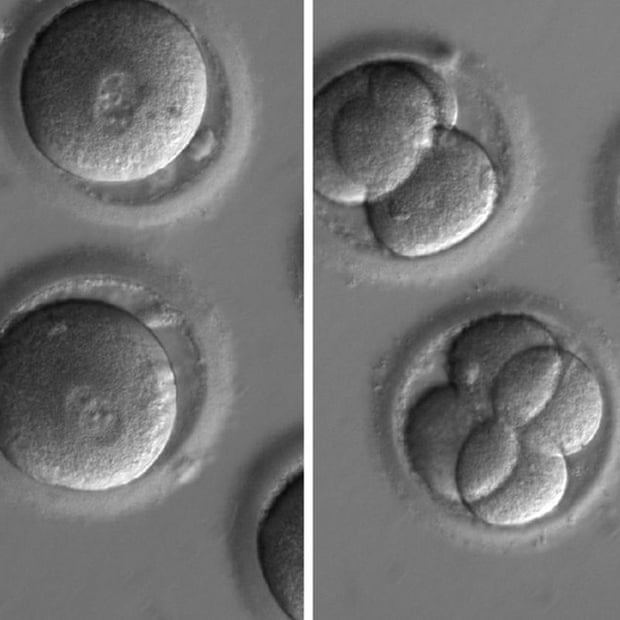Is Using Animal Organs Ok N Humans Bad or Good
Chas Newkey-Burden: What sort of person would kill a relative for spare parts?
Pigs are intelligent creatures with social instincts and emotional depth. We are so closely related to them that their hearts can replace our own. But what sort of person would kill a relative for spare parts?
Researchers at Cambridge University found that pigs are as smart as three-year-old humans. They can play computer games and follow logical processes. They can learn sign language. They can recognise people they met years ago. Many studies have similar findings. One, by neuroscientists at Emory University, concluded that pigs can solve problems as well as chimpanzees.
As social creatures, pigs can be loyal friends. They develop trust and empathy like we do. A domestic sow called Lulu became famous after she saved her carer, who had collapsed. Lulu went and got help, laying in the road to stop passing traffic and then leading a driver to the house, where an ambulance was called.
Meanwhile, behind the walls of factory farms, incarcerated sows are artificially inseminated over and over. About 60% of sows reared in Britain are kept in metal crates just centimetres bigger than them. Even in farms with higher welfare standards, little piglets have their ears punctured, teeth clipped and tails cut without anaesthetic before being grown to the required size. Then they go to the slaughterhouse and get packed into gas chambers. They scream for the final minutes of their life.
To offset the shame, meat eaters tend to dismiss pigs as dumb, dirty beasts – they're "just pigs". Now, 21st-century Frankensteins plan to breed more of these sweet creatures so they can harvest their organs. I think it's a horrific proposition – bringing life into the world only to steal its heart and then kill it. How rich in symbolism. What a rapacious approach to life and death. And we have the cheek to call pigs greedy!
If I had a choice between dying or a pig being bred and slaughtered in the hope of keeping me alive, I would bid farewell to my loved ones. Every beat of that new heart would be a reminder of the evil that was done. Isn't our capacity for morality supposed to distinguish us from "beasts"? Taking an innocent life to save my own would haunt me. Unless you think they're "just pigs", wouldn't it haunt you too?
Chas Newkey-Burden is an author and journalist. He also writes for Shortlist, the Daily Telegraph and Four Four Two
Susan Watts: These piglets are cause for hope

Fewer people in the UK agree to donate their organs than almost anywhere else in Europe; and there are about 6,500 people in the UK waiting for transplants. Wales addressed the shortage head-on by introducing "deemed consent" in late 2015, in which people have to opt out of being a donor.
In 2013, the UK proposed to increase consent to 80% by 2020, to match the world's highest rates. But progress has been slow. Over the three years to the end of 2016, the rate had increased by just 5% to 62%. In 2015-16, 466 patients died in need of an organ and a further 881 had had to wait too long, and left the waiting list.
No one wants to use animal organs in humans, but the figures are stark. So last week's news is welcome, albeit preliminary and some way from being put into practice. The team from the US, China and Denmark used the latest gene editing technique, Crispr, to remove genetic material from pigs that threatened to cause dangerous viruses in humans, and that had so far ruled out pig-human transplants, or xenotransplantation. The team's piglets are cause for hope.
Q&A What is Crispr?
Show

Crispr, or to give it its full name, Crispr-Cas9, allows scientists to precisely target and edit pieces of the genome. Crispr is a guide molecule made of RNA, that allows a specific site of interest on the DNA double helix to be targeted. The RNA molecule is attached to a bacterial enzyme called Cas9 that works like a pair of 'molecular scissors' to cut the DNA at the exact point required. This allows scientists to cut, paste and delete individual letters of genetic code.
In October 2020, Emmanuelle Charpentier and Jennifer A Doudna were awarded the Nobel chemistry prize for their work on it – the first time that two women have shared the prize.
True, hurdles remain. There are the physiological differences between human and pig organs that may compromise their function. There's the enduring problem of the human immune system rejecting the pig cells as foreign. Nevertheless, the news illustrates beautifully one of the oldest lessons in science. Advances of this kind rarely offer a full solution in one step. They open up new possibilities, and enable researchers to think laterally, to find "workarounds" to solve such apparently insurmountable problems.
Some scientists are already wondering whether it may one day be possible to grow "human" organs in these pigs rather than use the animals' organs. Ideally, these organs would be grown from stem cells that match the specific patient for whom they are destined.
In theory, such animal-grown human tissue should be more acceptable to a human patient's immune system. And it's more likely that the physiology of organs grown in pigs from human cells would more closely match that of humans, not pigs. The blood vessels that support these organs would probably still be pig-derived, but such an advance would be another step.
The Crispr technique that allowed last week's success is likely to herald more advances, and we'll have to get used to thinking again about ethical territory we had assumed to be settled.
Is Using Animal Organs Ok N Humans Bad or Good
Source: https://www.theguardian.com/commentisfree/2017/aug/15/transplant-pig-organs-into-humans-gene-editing

0 Response to "Is Using Animal Organs Ok N Humans Bad or Good"
Post a Comment